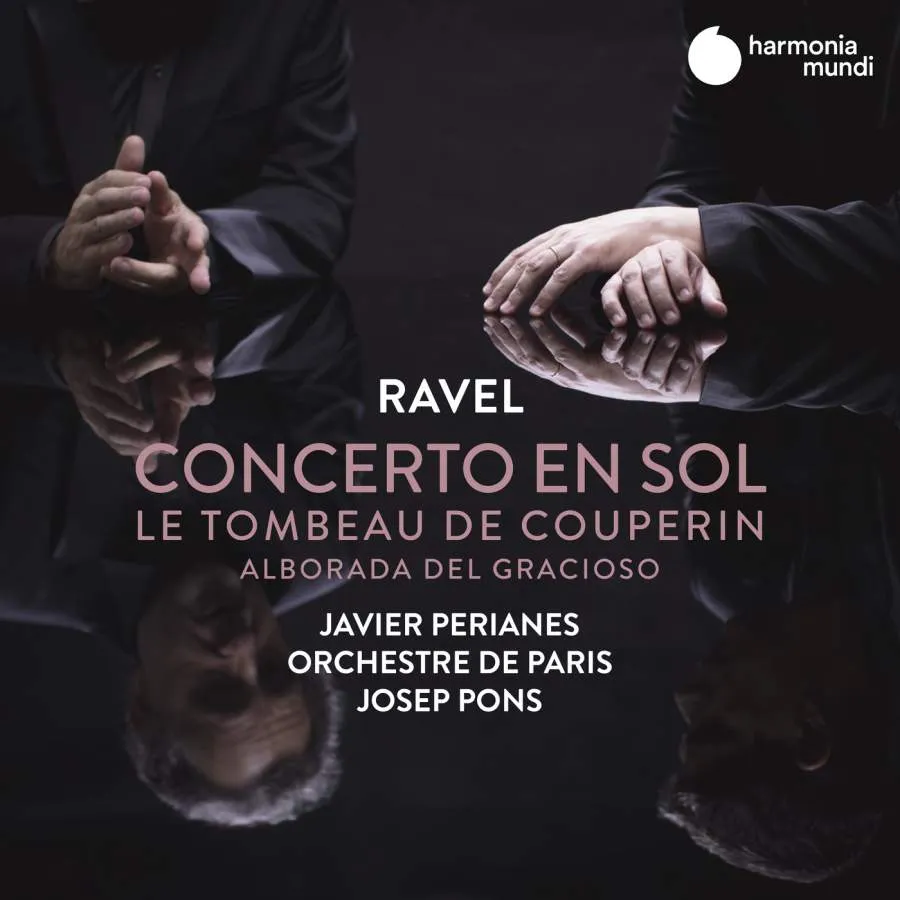
Ravel – Jeux de miroirs Alborada del gracioso (orchestral version); Le Tombeau de Couperin (orchestral version); Piano Concerto in G; Le Tombeau de Couperin; Alborada del gracioso Javier Perianes (piano); Orchestre de Paris/Josep Pons Harmonia Mundi HMM 902326 81:05 mins
Truly fascinating. The title of this Ravel survey, Jeux de miroirs, reflects the composer’s tendency to publish works in both piano and orchestral versions, each entirely idiomatic. The game at play here is to present a palindromic programme, starting with the orchestral Alborada del gracioso followed by the piano version of Le Tombeau de Couperin and ending with Alborada on piano preceded by Le Tombeau in orchestral guise. The fulcrum sees piano and orchestra coming together for the Concerto in G. What could simply be an exercise in comparison proves to be illuminating, shedding light on Ravel’s use of both piano and orchestra, for these are transformative mirrors.
Crucially, the performances are fresh, engaging and marvellously recorded. The clean playing of Javier Perianes suits Ravel, his delicate change of colour at the end of the Fugue helping explain why, like the Toccata, this movement was omitted from the orchestral version of Le Tombeau. The Spanish rhythms of Alboroda del gracioso are incisive within an overall grace that enchants in the dreamy central section, even if it tempers the irruption of the main dance.
The Orchestre de Paris plays with appealing bonhomie under Josep Pons, the colours of Le Tombeau glowing and the outer movements of the Concerto having a crackling effervescence. When the piano becomes more decorative in the slow movement, some orchestral lines are overly reticent, but it still works its magic as the heart of a disc that is more than the sum of its parts. Fascinating, truly.
Christopher Dingle